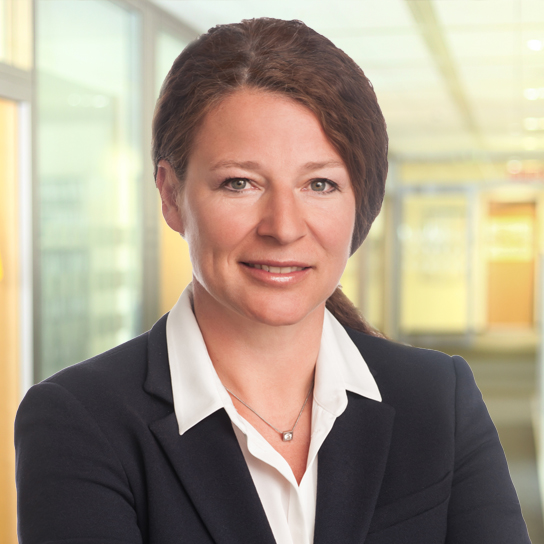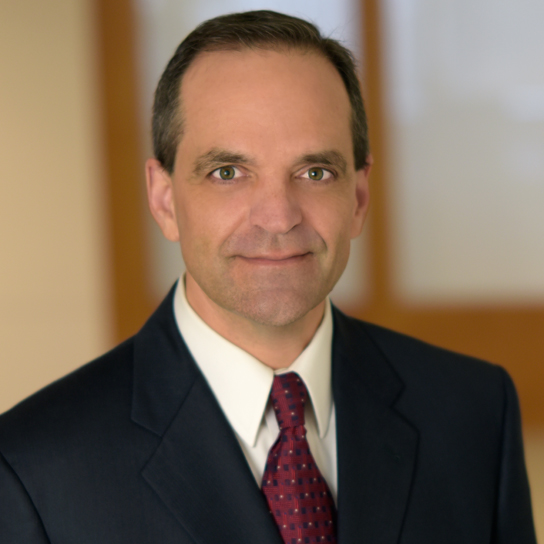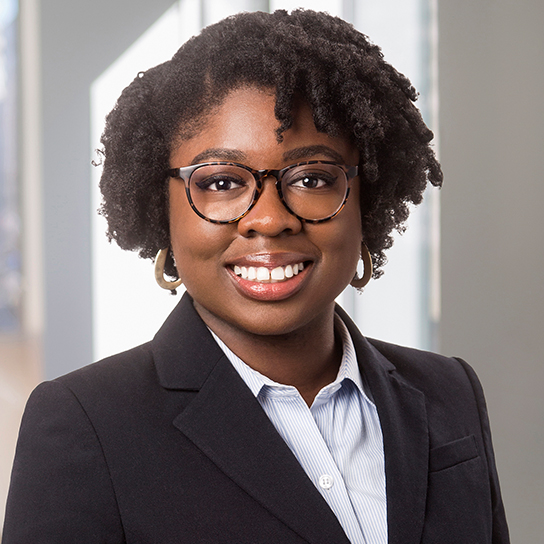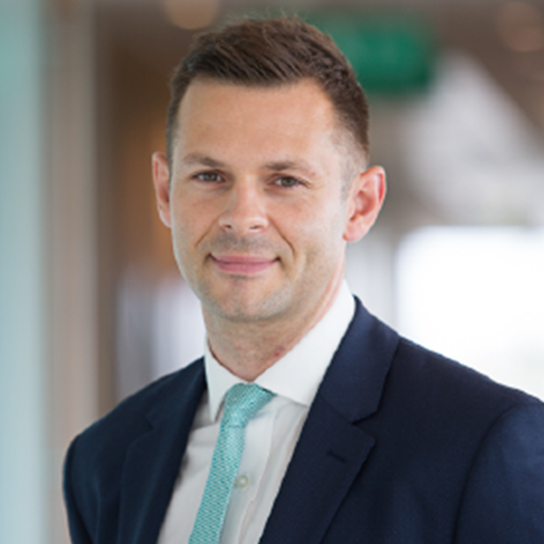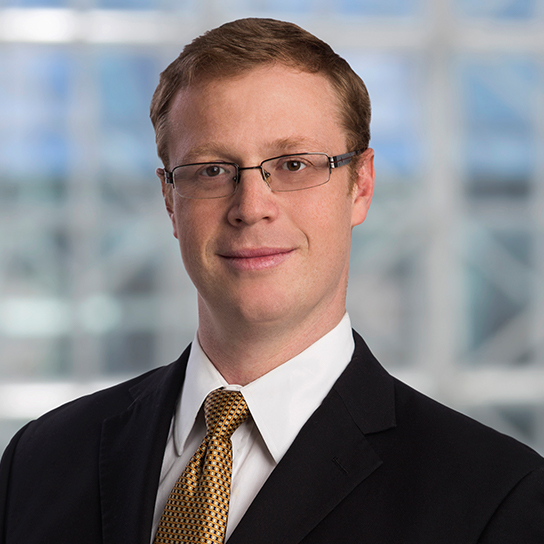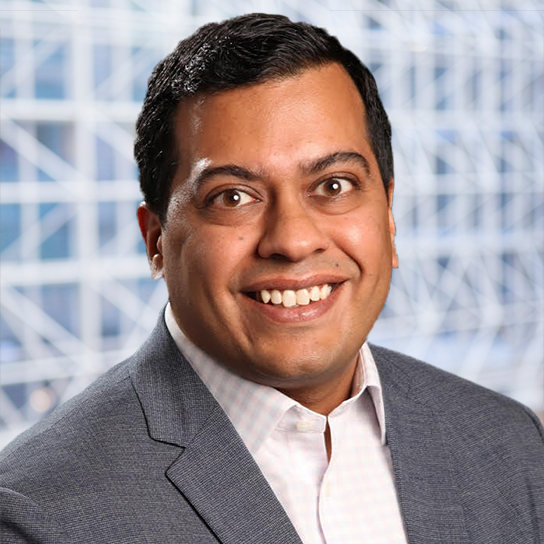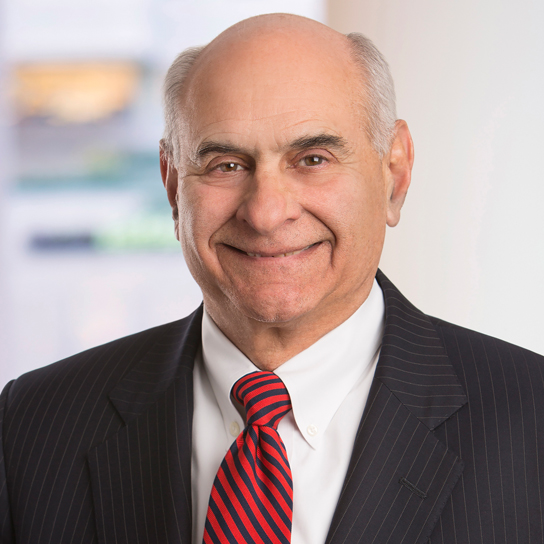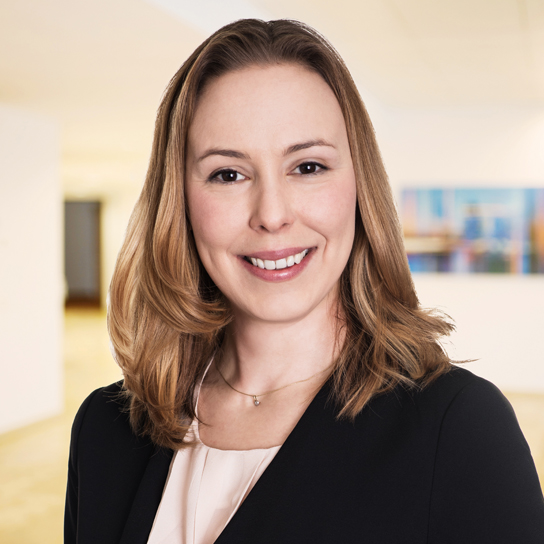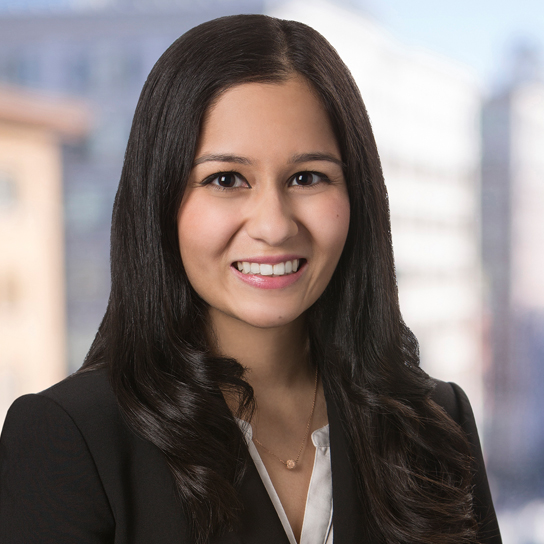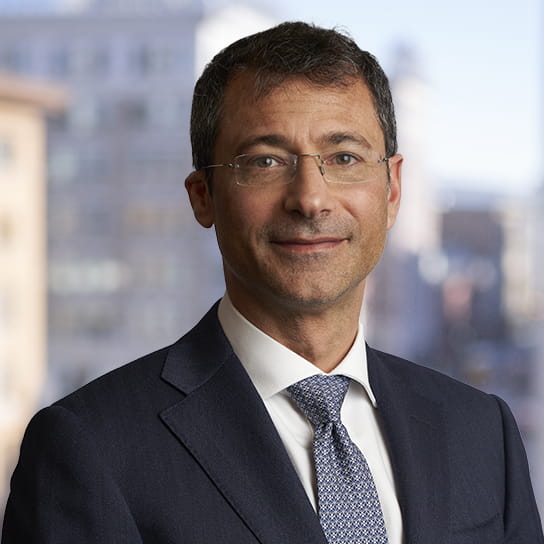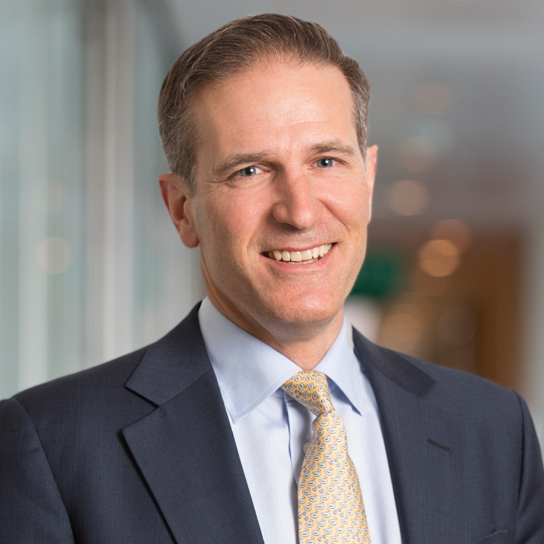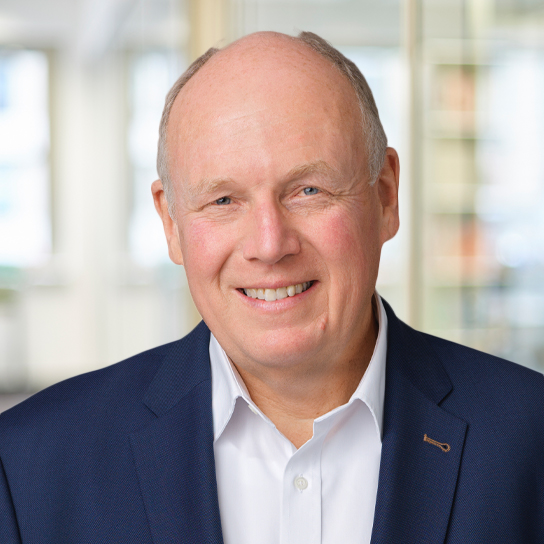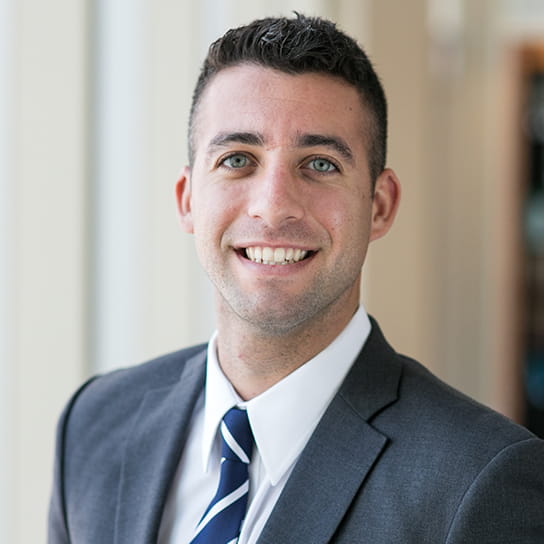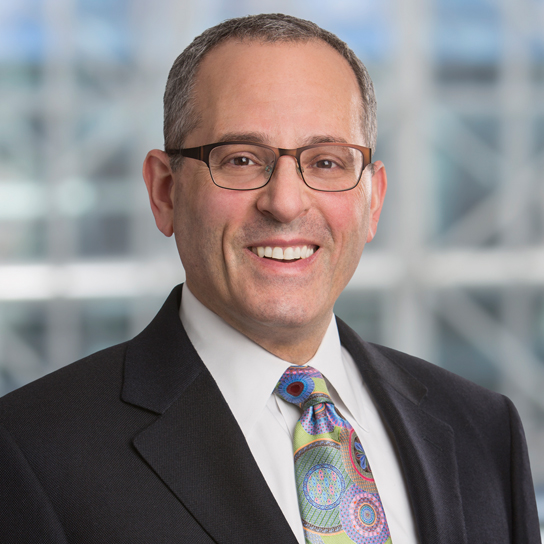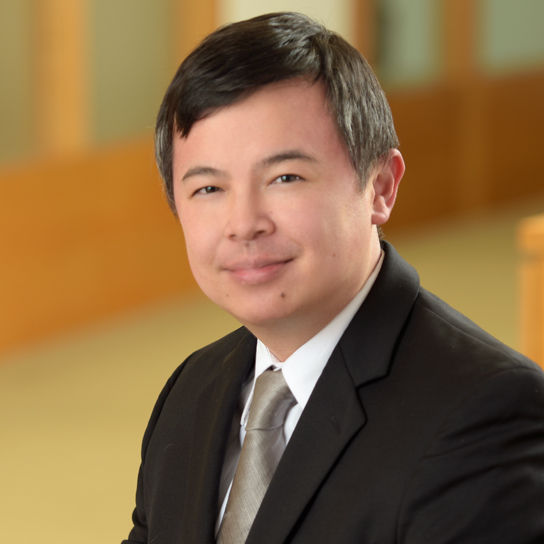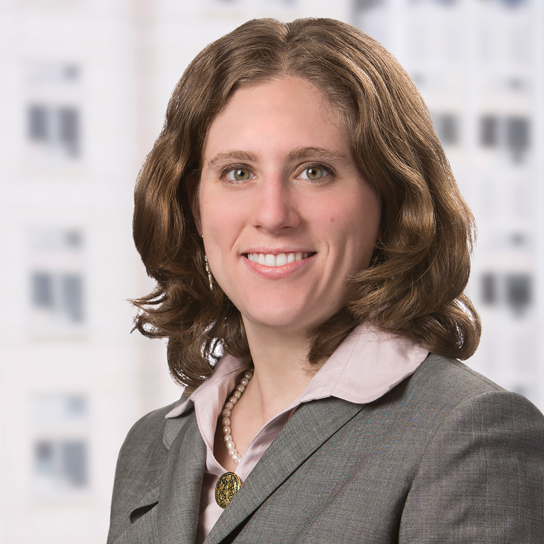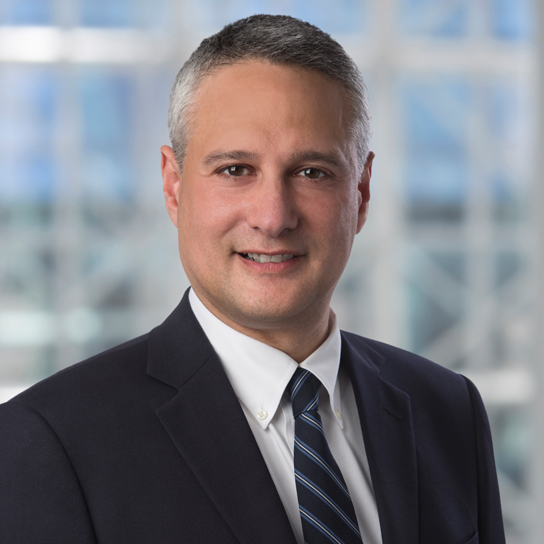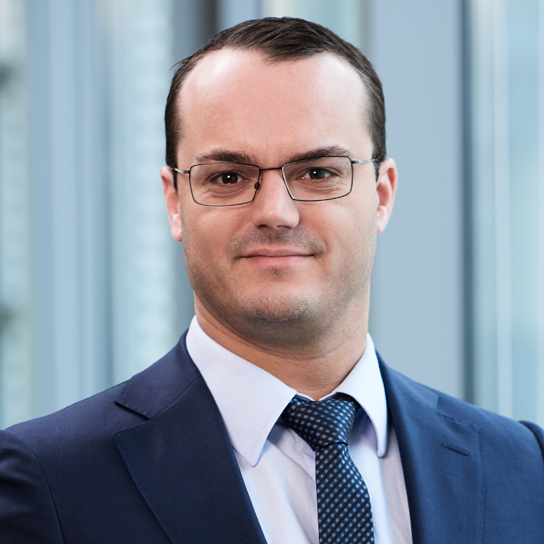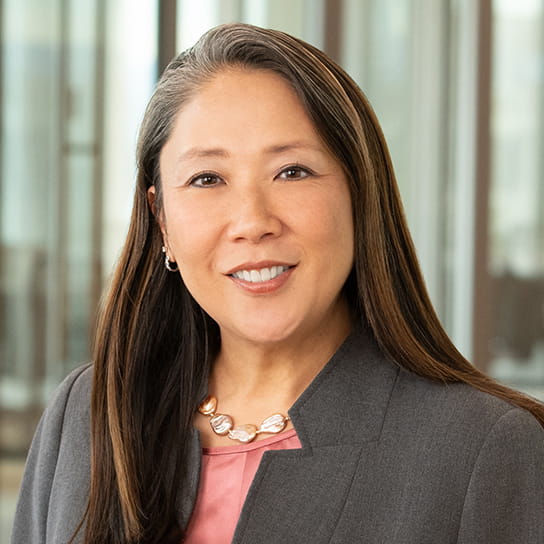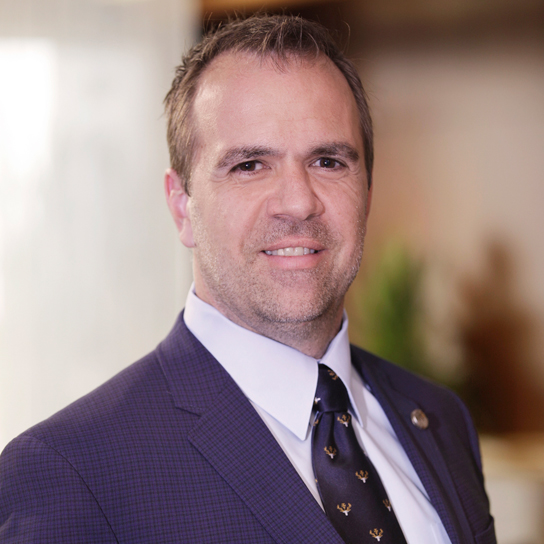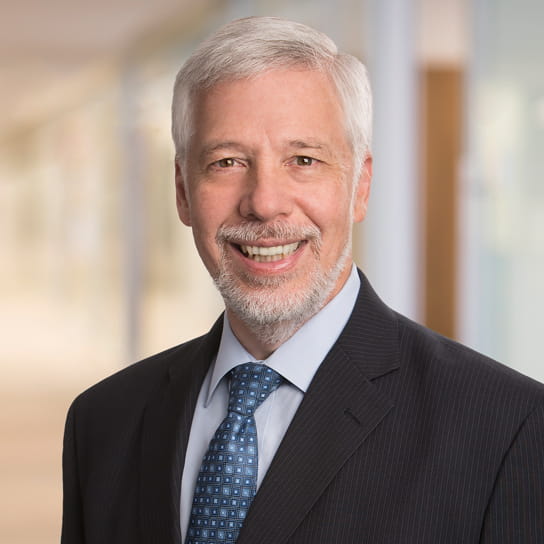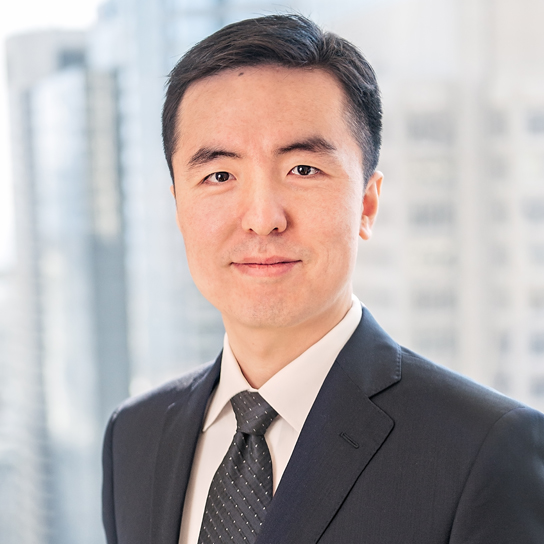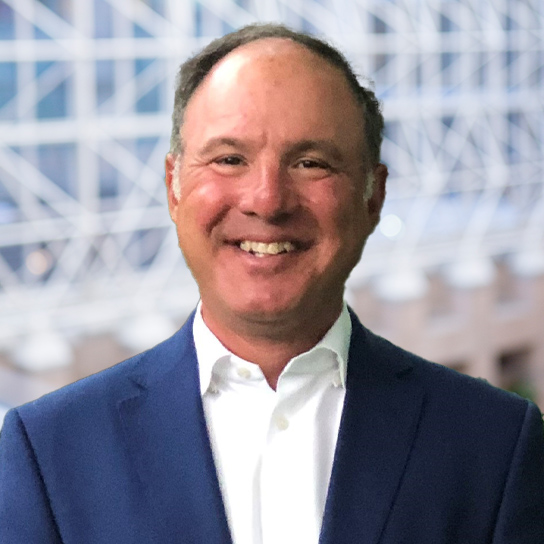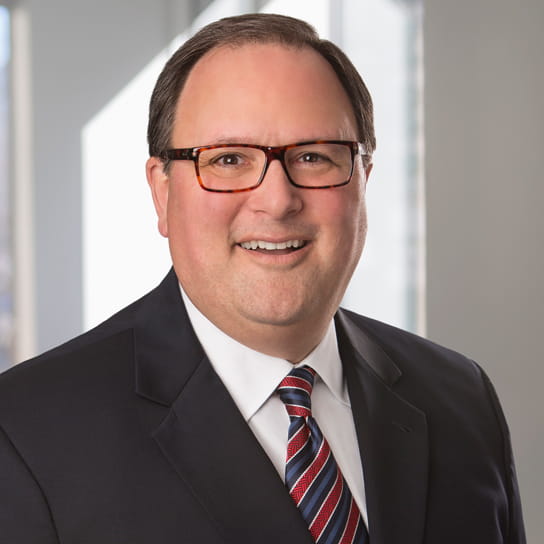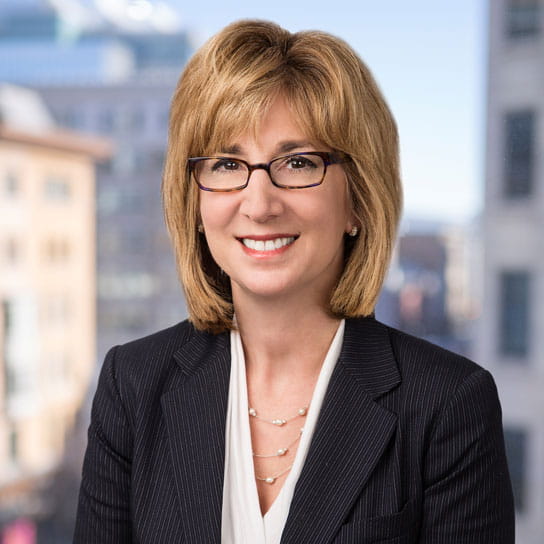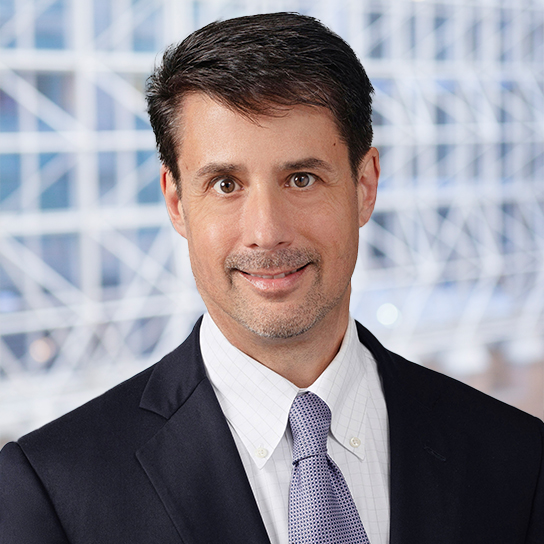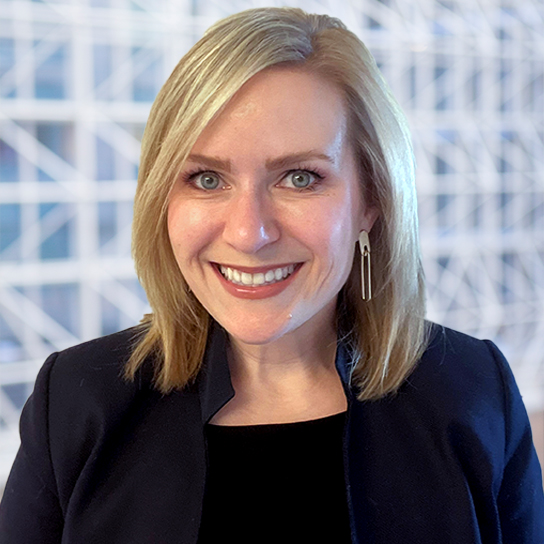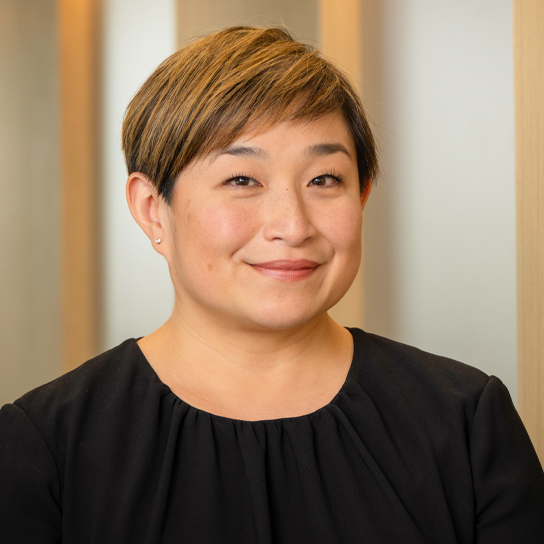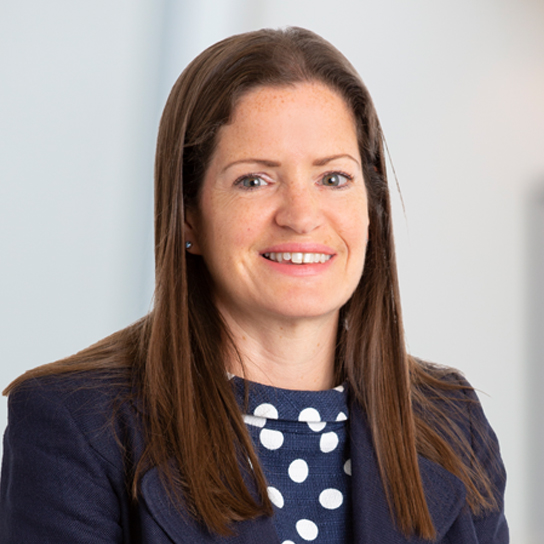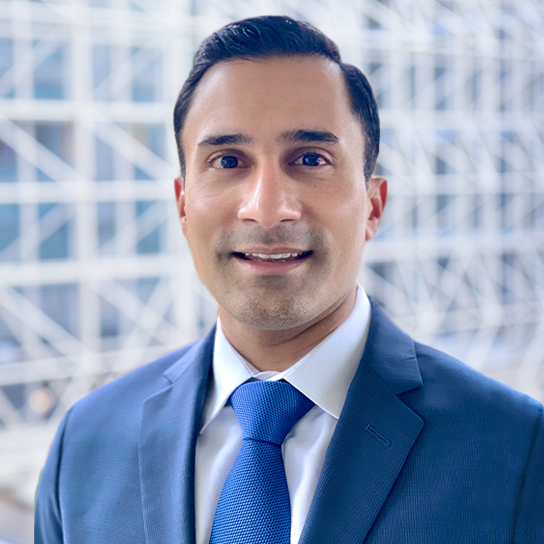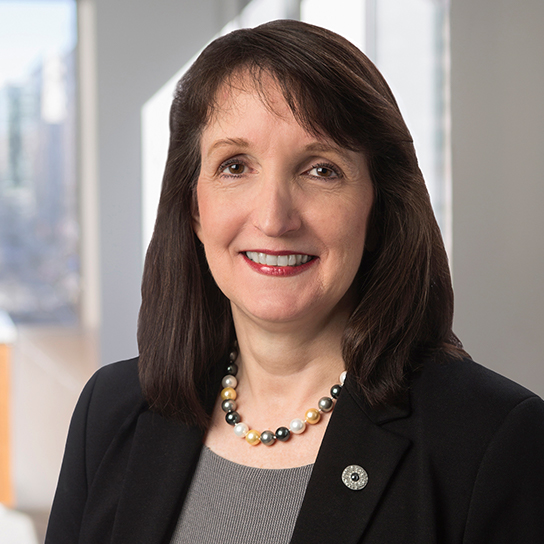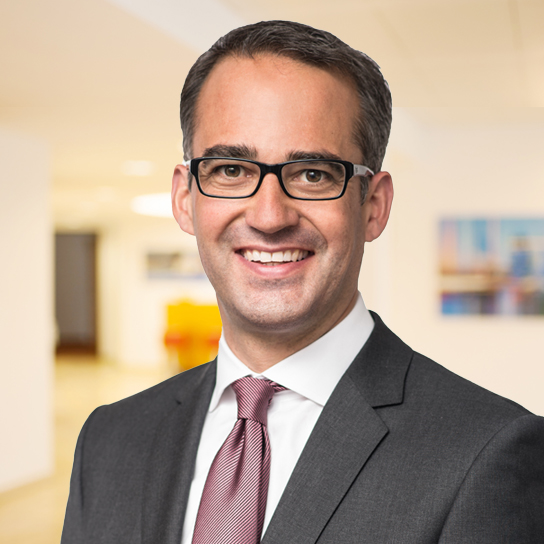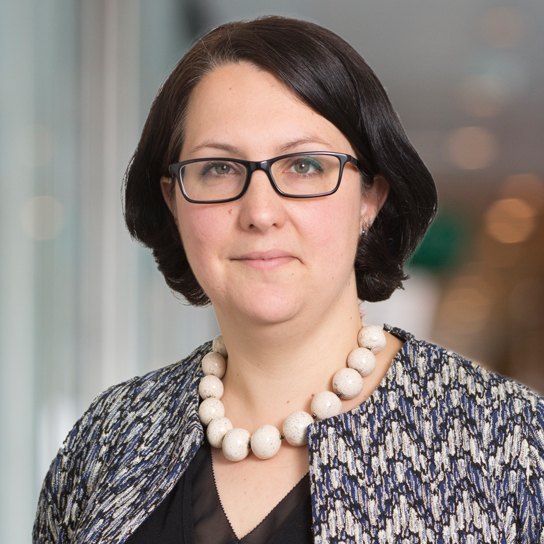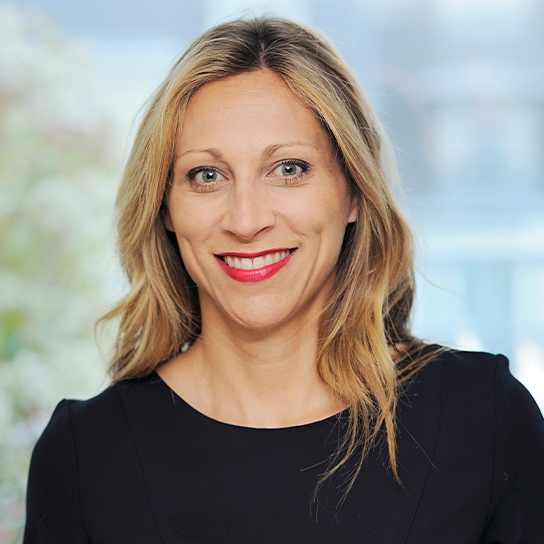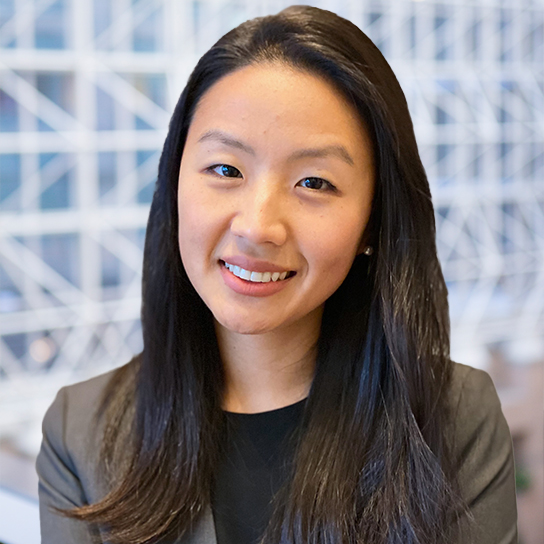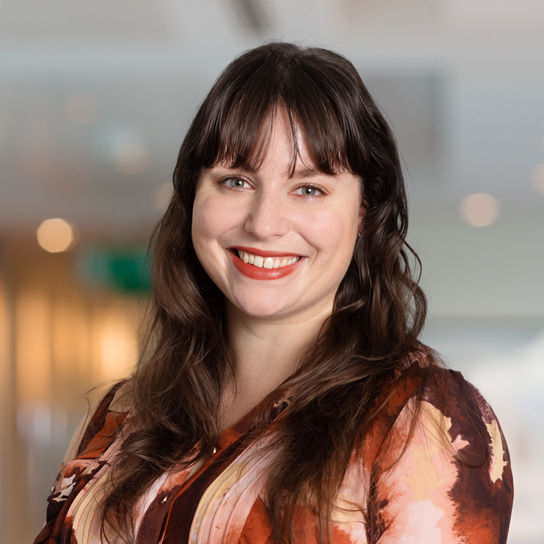News | 12 July 2024
Podcast: Talking the cure
Our team is always thinking about how to foresee and conquer the most significant industry issues facing our clients. In 2020, we launched the podcast "Talking the Cure" where we cover cutting-edge topics such as AI, digital health, diversity in clinical trials, supply chain, inflation reduction act, and more. Subscribe and listen to the podcast.
Follow us on LinkedIn and X, leave a like, leave a comment and let us know what you would like to hear about in the upcoming episodes.
This podcast is also available on Apple Podcasts, Google Podcasts, Spotify and Deezer.
In the third part of our clinical trial diversity series, Deborah Cho, Stephanie Agu, and Ashley Grey dissect FDA's new draft guidance on Diversity Action Plans for clinical trials, released on June 28, 2024. Discover what this pivotal document means for clinical trial design and conduct, and its implications for drug and biologic sponsors. Tune in for an insightful discussion on the future of clinical trials and FDA recommendations to ensure diverse participant inclusion.
In the latest episode of Talking the Cure, Ruud van der Velden and Chantal van Dam dive deep into the world of intellectual property and cybersecurity within the life sciences and health care sector, uncovering the essentials of protecting valuable assets.
In this episode, Jane Summerfield and Owen Robinson unpack the intricacies of the MHRA's regulatory roadmap, discuss the impact of upcoming legislation, and explore the future of AI in medical devices.
Whether you're a professional in the medical, legal, or life sciences field, this episode offers invaluable insights into the regulatory landscape that could shape the future of health care innovation in the UK.
In this episode, Arne Thiermann is leading the conversation with Richard Backhaus, and Lars Cornels discussing the integration and implications of digital health, artificial intelligence, and legal considerations in the medical device industry. They explore how traditional companies like Drägerwerk AG & Co. KGaA adapt to digital innovation, the role of AI and software in life sciences, and the challenges and opportunities presented by regulatory environments. They delve into specific legal frameworks, such as the European Union's data strategy and the AI Act, discussing their impact on innovation and data access. The conversation also touches on the practical use of AI in legal work, the future of the profession, and the broader implications of AI on society and human behavior.
In this podcast episode, Robert F. Church takes us on a journey through his illustrious career, sharing the pivotal moments that shaped his path to becoming a renowned lawyer and an authority in clinical trials.
In this episode, Alice Valder Curran sits down with us to talk about her impressive career, why she ultimately chose Hogan Lovells as her employer, and what it takes to be successful in this area of the industry, even in times when you can only work part-time. Alice gives us a behind-the-scenes look at how to create your own niche and surround yourself with people who have the same standards for themselves and the same sense of quality.
In this episode, Randy Prebula sits down with us and we talk about his impressive professional career, how he actually wanted to be a pediatrician at the beginning of his career, and how he then went from being a research scientist to a partner in a major law firm. We hear many exciting anecdotes, Randy gives us a behind-the-scenes look and tips on how young lawyers can make their careers more successful.
Alice Valder Curran and Cullen Taylor discuss the implications of the Inflation Reduction Act (IRA) on pharmaceutical transactions and their IP aspects in particular. They also discuss the IRA's implications for licensing and collaboration agreements, focusing on the different strategies that parties to these arrangements may want to consider in order to manage the new categories of commercialization risk generated by the IRA.
In this episode оf 'Talking the Cure,' we dive into the latest developments іn clinical trials diversity, driven by the Food and Drug Omnibus Reform Act (FDORA). Join Stephanie Agu, Akosua Tuffuor and Deborah Cho as we explore FDORA's key provisions related to diversity action plans.
We'll briefly summarize the history оf FDA's efforts іn this area, discuss the impact оf FDORA, examine the challenges and unknowns іt presents tо sponsors, including what constitutes adequate diversity, potential data collection hurdles, and highlight upcoming FDA public workshops and guidances.
Arne Thiermann and Nicole Saurin talk about the current state and development of artificial intelligence in the medical device industry. How will AI medical devices be classified by the AIA Proposal? What is the relationship between the AIA Proposal and the MDR? What laws apply to the liability of medical AI products? Who is liable if the AI application makes a wrong decision? And a lot more questions about the regulations and potential liability issues around AI in the MedTech industry.
In this episode, Ina Brock invites us to her home and tells us that she actually wanted to become a journalist, but chance brought her to law. And the result of this decision is an impressive career, which we review together, Ina gives us insights into her daily work and how she sees the future of the Life Sciences & Healthcare Industry.
Robert F. Church, Sarah Thompson Schick, Stephanie Agu, and Akosua Tuffuor, J.D. discuss recent developments in FDA’s and industry’s approaches towards clinical trials and ensuring meaningful trial participation from members of historically underrepresented populations.
You can find more insights on diversity in clinical trials in our Life Sciences & Health Care Horizons Brochure 2022 here: https://bit.ly/3bh0b8G
Learn more about our clinical trials capabilities on our website here: https://bit.ly/3oxsyCO
What to expect if you want to repurpose existing UK real estate, in particular, offices/retail to laboratory space? Graham Cutts will give an overview of potential building reconfigurations, occupier profiles, and the current industry hot topic for building owners: who bears the risk of a power outage and potential data breach?
What’s on the horizons for orthopedic devices? In this episode, Michael Kasser and Jemin Jay Dedania talk about their journey in the field of orthopedic devices, why orthopedics is still a little like the wild west of the FDA, how new technologies will reshape the conduct of clinical trials, and the do’s and don’ts, when working with the FDA.
In this episode, Andreas von Falck will tell us that he actually wanted to work for an NGO, but then followed his father's path and became one of the most successful patent litigators in Germany. Andreas will tell us how he came to his Life Sciences mandates, which case influenced him the most, and what he considers to be the three most important points that the next generation should consider in order to leave their footprint in a large law firm.
Dr. Victor Stephani, Chief Of Staff at the German digital health high flyer HelloBetter, and Arne Thiermann, a life sciences partner in the Hamburg office and very familiar with the regulations of digital health applications, discuss the exciting yet rocky road bringing a digital health application into reimbursement by German social security. Victor took us behind the scenes to share how HelloBetter had four successful fast track processes at BfArM and his tips for anyone planning to follow.
Jonathan Kahan, partner and passionate lawyer in the Medical Device and Technology Regulatory practice, took the time to talk to our host, Julius Bülow, about his work as a lawyer, how he built his practice from the ground up and what talents he discovered along the way, what continues to excite him about his work, and we find out that he was already portraying the digitization of health care two decades ago.
In this episode, I talk with Dr. Tina Welter-Birk and Komal Karnik Nigam about the Early Access Programs (EAPs), known as Expanded Access Programs in the US, in Germany, and the United States, which allow pre-approval access to medicines for certain patients. While the name of EAPs varies by country, there are two main types of early access programs in Europe; Compassionate Use Programs (CUPs) and Named-Patient Programs (NPPs). Both of these differ in certain ways to typical Expanded Access Programs in the US and with this podcast, we're trying to shed some light on whats to consider entering these programs. Overall an interesting overview of the Early Access Programs (EAPs), which you should listen to if you're interested in this field.
In this episode, Christian Di Mauro, who is heading the Italian litigation and arbitration practice talk about his 17 years of experience working with the Life Sciences and Health Care industry and being involved in products including pharmaceuticals, vaccines, medical devices. He is also discussing the interesting role he is in, including his ability to advise Italian and French law as a litigator, his biggest matter, how he approaches his job, and what he does for his work-life balance.
In this episode, Thierry Meillat, Stefan Martin, Eckard Schwarz, and Zachary Siegel talked about the various return to work policies, testing at work sites, mask mandates, and vaccinations. Due to the fast developments of the situation, a few comments are already outdated, but this didn't take away any of the essences of the conversation.
In this episode, Lowell M. Zeta, who just rejoined the firm after serving as Senior Counselor to the Commissioner at FDA, is going to talk to Philip Katz about his work on cross-cutting and high-priority initiatives promoting innovation and addressing public health issues, including the COVID-19 pandemic response and the decision to make the move back to Hogan Lovells.
In this episode, I talk with Michael Druckman, Jane Kalinina and Bert Lao about the the impact of COVID-19 on cell, tissue, and gene therapy products. We touch base on the enforcement discretion for tissue products and those transitioning under explicit enforcement and approval to satisfy good manufacturing practices under the FDA. In addition, we focus on orphan drug sameness and individualized therapies issues. Overall an interesting overview on the cell, tissue, and gene therapy products and its market developments.
In this episode, I talk with Suzanne Levy Friedman and Michael Penners about how both U.S. and Germany have seen a lot of legal/regulatory activity around advertising and promotion of COVID-19 test kits. Suzanne and Michael are giving an overview of efforts/authority with respect to regulating advertising and promotion of medical devices/products in the two jurisdictions, especially one area where this comes up frequently with clients is the increasing trend of promoting devices on social media. It was interesting to hear about these two jurisdictions and how both markets are regulated.
In this episode, I talk with David Horowitz about his work around bringing hand sanitizers onto the market in the US. Understanding FDA’s expectations for the guidance that opened up hand sanitizer manufacturing, including denaturants; impurities; pharmaceutical grade vs. food or industrial grade ingredients. And his pre-covid-19 regulatory over the counter drug work, overall a super interesting conversation about David's career.
In this episode, I talk with Fabien Roy and Jonas Albert about the current "surge" of Digital Health Innovations in Europe, receiving the CE-Marking, getting reimbursed for their product, and what that means for Start-Ups as well as established companies. Obviously, we touched on the ongoing Covid-19 pandemic, due to the fast developments, a few things are unfortunately already outdated, but that doesn't take away anything from this conversation and I hope you'll enjoy this as much as I did.
In this episode, Jodi Scott, a partner at Hogan Lovells in Denver, is going to talk about her time spent as an in-house FDA counsel with the world's largest medical device manufacturer, the state of the industry, her decision to make the move to Hogan Lovells, and her overall career.
In this episode, we give you a look behind the scenes of our life sciences and health care industry group. Tina Welter-Birk and Jeff Jay are the two leaders of our industry associate committee, which is unparalleled in our world as far as we know. Tina and Jeff attend and can participate in all leadership meetings. We talk about this role and how the industry group also gives younger lawyers the opportunity to contribute in innovative ways. Of course, we also talk about their roles in the different practice groups and how they perceive the developments in the industry.
In this episode, Jason Lohr and Imogen Ireland, are going to explore some interesting questions to do with whether or not patent law is set up to deal with innovations developed by AI. In the second half of the podcast, they’ll do a practical assessment of the potential legal issues stemming from the way in which AI is being used today.
In this episode, Randy J. Prebula, Susan D. Tiedy-Stevenson, and Erkang Ai, Ph.D. are talking about the "world" of what is considered to be in in vitro diagnostics, the current SARS-CoV-2 situation and the various IVDs that are being granted Emergency Use Authorization by the FDA.
In this episode, Jon Wasserman, a new partner at Hogan Lovells and former Bristol Myers Squibb vice president, is going to talk about his past, the state of the industry, his decision to make the move to Hogan Lovells, and a potential dinner with two British gentlemen and Abraham Lincoln.
On August 6, 2020, U.S. President Donald Trump issued his much-anticipated "Buy American" Executive Order (EO), aimed at shoring up domestic manufacture of "essential medicines", "medical countermeasures", and "critical inputs" (API and other raw materials), and decreasing dependency on non-domestic sources.
Philip Katz leads a discussion with Joy Sturm, Mike Heyl, Kelly Ann Shaw, and David Horowitz about what they're seeing, what they expect, and what actions companies are – or should be – taking or considering.
In this episode, Arne Thiermann and Dr. Julian Braun, director of legal at Heartbeat Labs, discuss the opportunities and risks for international companies planning to enter the German market in the digital health sector, especially with regard to reimbursement and the impact of regulatory changes in Germany.
In this episode, May Lyn Yuen and Hein Van den Bos discuss the balance of innovation in drug development, the competitive aspects and affordability of medicines in Europe, and the changes in the regulatory environment at the EU Level as well as the EU Member State level.
In our latest episode, you will get to know members of our Science Unit Dr. Marion Palmer and Dr. Rachel Gribben, who talk about their experience working in this unit for over 20 years, as well as their latest work on COVID-19 related matters. We also discuss how they are providing pro bono work and what they do to relax.
As mentioned in the podcast, here is the link to support the crowdfunding campaign to fund the COVID-19 airways procedures box, which was created by Dr. Palmer and Mr. Declan Costello FRSC.
In this episode our partners Brooke Bumpers and William Ferreira talk about the growth of the telehealth industry during the COVID-19 pandemic and the opportunities and challenges for companies and providers in the United States and internationally. We also discuss how providers and patients are reacting to the increased use of telehealth.
As mentioned in the podcast, we just launched a new publication titled "What's on the horizon for virtual health?". In this report, members of our Global Digital Health team explore the opportunities and potential legal hurdles for companies involved in telehealth and remote monitoring – addressing both the regulatory exceptions that exist now, and the risks that will endure.
In this two-part interview with Philip Katz, head of the Hogan Lovells Pharmaceuticals and Biotechnology Regulatory Practice, we discuss developments in the pharmaceuticals and biotechnology industry, the global practice of law in this space, his approach, when it comes down to managing his team and we also get to learn about Phil and his career journey.
In this episode our partners Jörg Schickert and Nikolas Zirngibl talk with Jörn Bungartz, an adviser in the digital health sector, about opportunities and barriers for venture capital in the life sciences and health care industry in Germany.
In this episode, Elisabethann Wright, Jane Summerfield, and Hein Van den Bos talk about developments in Belgium, the UK and the Netherlands and how the Covid-19 pandemic impacts clinical trials and the authorization process of the local authorities.
In this episode, Charlotte Damiano and Fabien Roy talk about reimbursement issues, early access and the collection of clinical data in France. In the end they both address general developments of the medical device regulation.
In this episode, Phil Katz and Jim Johnson continue their conversation about the impact of COVID-19 on FDA’s drug inspection program and the steps companies should take now and in preparation for when the pandemic is coming to an end.
For more information about the coronavirus and its impact, visit our COVID-19 topic center.
In this episode, Phil Katz, David Horowitz, and Jim Johnson explore the impact on industry and FDA of the agency’s decision to halt foreign inspections and take other steps that reduce international activities. They anticipate further steps by the agency, and talk about how companies can strategically address the implications, which create obstacles but also opportunities.
In this episode, Michael S. Heyl and Jonathan S. Kahan explore questions around FDA’s Emergency Use Authorization authorities, how it has been used historically, and how it may be used for the coronavirus. They highlight very recent FDA actions and project how these authorities could be applied to address supply chain issues, in addition to the development of new technologies/devices to aid in the diagnosis and treatment of the virus.
In this episode, Arne Thiermann and Mike Druckman explore questions around the supply chain in the life sciences and health care industry. They highlight the reality and the expectation when it comes down to the draft of a contract in this kind of situations.
In this episode, Jörg Schickert, one of the leading life sciences and health care lawyers for regulatory and commercial issues in Europe, is going to talk about his work, his views on the industry and why he wouldn't change anything, if he had the chance to start his journey all over again.
In our first episode, Elisabethann Wright and Robert F. Church from our Global Regulatory practice explore questions around the use of digital tools in clinical trials and how they are regulated by international authorities. They highlight the confusion around clinical trials within the European GDPR framework.
Download PDF Back To Listing






